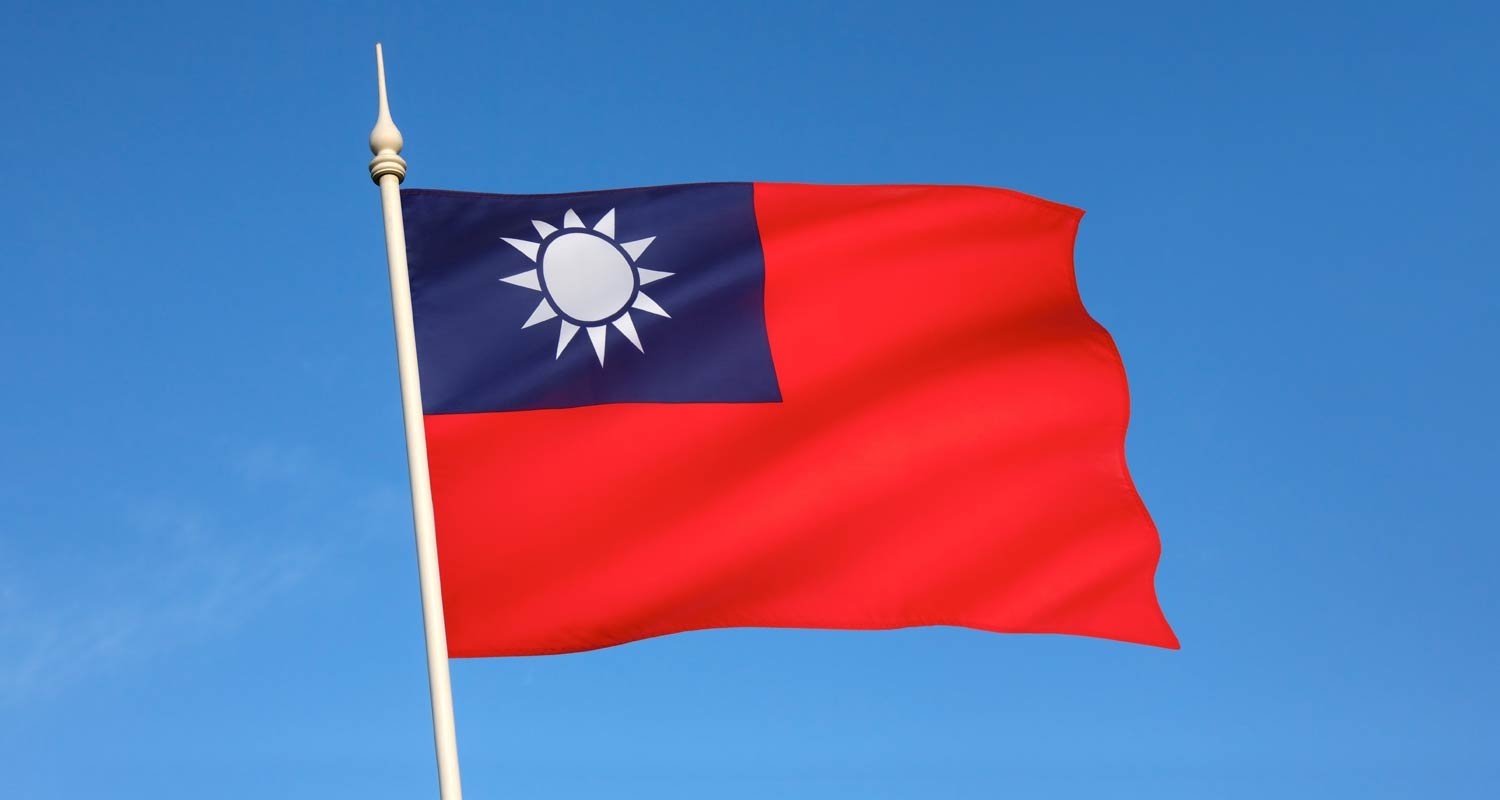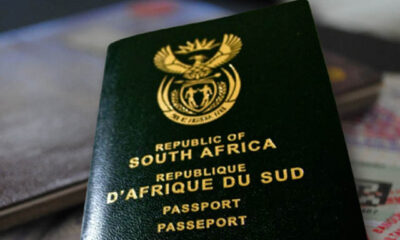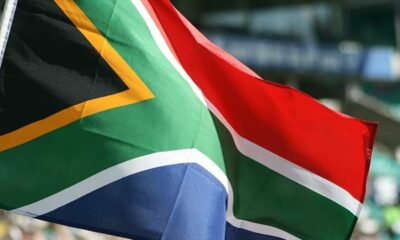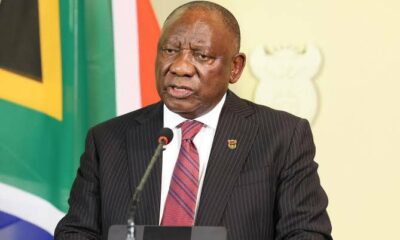News
Taiwan Reverses Chip Export Curbs on South Africa as Diplomatic Standoff Eases

Taiwan has pulled back from the brink of a trade confrontation with South Africa, suspending chip export restrictions that were announced just two days earlier. The U-turn underscores Taipei’s discomfort with using its most valuable export, semiconductors as a bargaining chip in diplomatic disputes.
A Sudden Pause After a Bold Move
On Tuesday, Taiwan shocked observers by announcing semiconductor export curbs on South Africa, citing Pretoria’s actions as a threat to its “national and public security.” It was the first time Taipei had unilaterally wielded its chip dominance in this way.
But by Thursday, the tone had shifted. Taiwan’s Economic Ministry, in a statement circulated via Line, said the curbs would be suspended after consultations with the Foreign Ministry. Officials admitted the pause came after South Africa formally asked for negotiations over the status of Taiwan’s de facto embassy.
The Root of the Rift: An Embassy in the Crosshairs
The spat isn’t about chips at all, it’s about diplomatic space in Pretoria. South Africa severed official ties with Taiwan nearly three decades ago, aligning itself with Beijing. Yet Taipei still maintains a representative office in the capital.
In 2023, shortly after hosting a BRICS summit attended by Chinese President Xi Jinping, Pretoria began pressing Taiwan to relocate its office from Pretoria to Johannesburg. The pressure has intensified this year, especially as South Africa prepares to host the G20 summit in November, with Xi expected to attend.
For Beijing, South Africa’s demand is a symbolic test of Taiwan’s shrinking global footprint. For Taipei, it’s about maintaining dignity and visibility in a continent where its diplomatic space is already thin.
Symbolic Sanctions, Real Risks
The export curbs, had they gone through, would have been more symbolic than damaging, official figures show Taiwan exported just $4 million worth of affected goods to South Africa last year.
Still, the move rattled nerves. Taiwan’s semiconductor industry, led by giants like TSMC, is the beating heart of global AI and tech supply chains. Turning chips into a diplomatic weapon risked backfiring, both economically and politically.
Beijing was quick to seize on the announcement, accusing Taipei of “deliberately destabilizing global supply chains.” Within Taiwan, critics questioned whether President Lai Ching-te’s tougher stance on China was overshadowing bread-and-butter issues like jobs and inflation.
Lai’s Balancing Act
Lai, who came into office promising a firmer line against Beijing, has doubled down on sovereignty issues. But his strategy hasn’t always sat well with voters. Many Taiwanese are wary of escalating economic risks at a time when the island already faces headwinds:
-
In July, the US slapped Taiwan with 20% tariffs, higher than those faced by regional rivals like Japan and South Korea.
-
In August, Lai reshuffled his cabinet in response to growing domestic unease.
-
Last week, the Trump administration reportedly withheld approval of a $400 million US military aid package, raising new doubts about Washington’s long-term support.
Against this backdrop, the chip curbs on South Africa seemed like a bold but risky experiment and the quick suspension signals Taipei’s recognition of those risks.
South Africa’s Calculated Silence
Pretoria, for its part, has been cautious in public. But analysts say the government’s growing alignment with Beijing leaves little room for compromise. For South Africa, nudging Taiwan out of the diplomatic spotlight fits neatly into China’s global playbook.
On South African social media, the story has barely made a ripple compared to bread-and-butter concerns like electricity shortages and food inflation. But among trade watchers, the episode has sparked a broader question: is South Africa ready to be caught in the crossfire of Taiwan-China tensions?
What Comes Next
The export restrictions were initially due to take effect in late November, giving both sides a window to talk. For now, the suspension buys time, but it doesn’t resolve the underlying dispute.
If Pretoria continues to push for the embassy’s relocation, Taiwan may again consider economic tools to push back. But after this week’s reversal, Taipei will have to tread carefully, balancing its geopolitical message against the practical realities of global supply chains.
Taiwan’s pause may be temporary, but it reveals a bigger truth: when semiconductors become a weapon of diplomacy, no country not even South Africa stays outside the game.
{Source: BusinessTech}
Follow Joburg ETC on Facebook, Twitter , TikTok and Instagram
For more News in Johannesburg, visit joburgetc.com



























